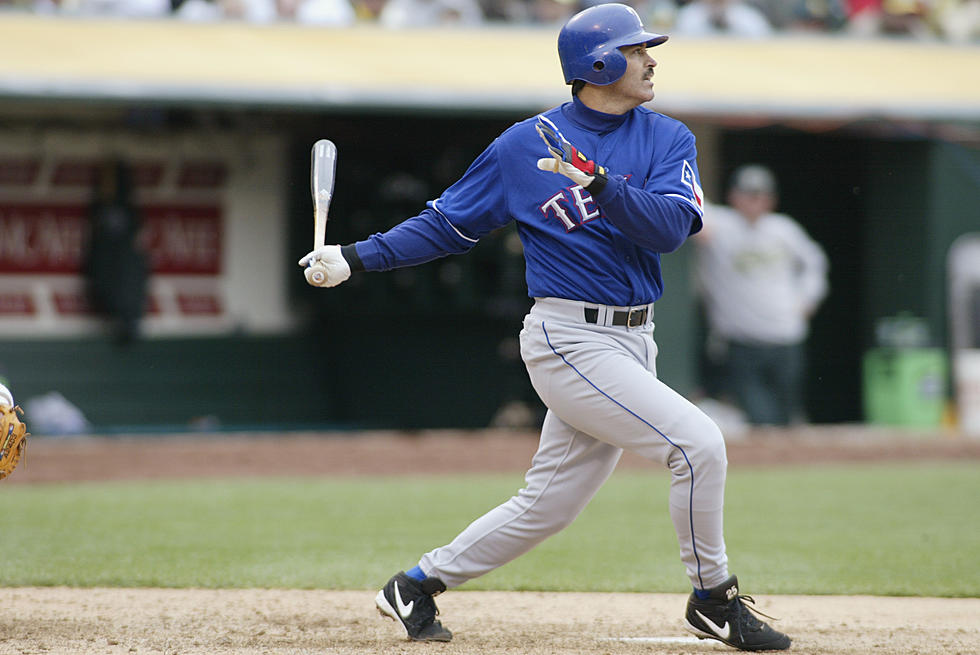
Hall of Fame Thursday: Bob Wills and the Texas Playboys
A bandleader, fiddler, singer, and songwriter, James Robert Wills is the most famous exponent of the popular musical amalgam now known as western swing, which synthesized ragtime, traditional fiddling, New Orleans jazz, blues, Mexican songs, and big band swing.
Wills blended it all into a swinging dance music that was wildly popular in the Southwest and on the West Coast from the 1930s into the 1950s. His greatest success was with his Texas Playboys band while based at KVOO in Tulsa, Oklahoma, between 1934 and 1942. Today his compositions, such as “Faded Love,” “Maiden’s Prayer,” “Take Me Back to Tulsa,” and “San Antonio Rose,” are considered standards of country and pop music.
- 1
San Antonio Rose
Bob Wills & The Texas Playboys with Tommy Duncan and the McKinney SistersA bandleader, fiddler, singer, and songwriter, James Robert Wills is the most famous exponent of the popular musical amalgam now known as western swing, which synthesized ragtime, traditional fiddling, New Orleans jazz, blues, Mexican songs, and big band swing.
- 2
Stay a Little Longer
Bob Wills & His Texas PlayboysWills grew up in a musical family of fiddle players and in an area famous for African-American music that produced Scott Joplin, Victoria Spivey, and Blind Lemon Jefferson. From his family, young Jim Rob Wills (as he was then called) learned to play frontier fiddle music; his father had defeated prominent country fiddler Eck Robertson in fiddle contests on more than one occasion.
- 3
Deep Water
Bob Wills & His Texas PlayboysWills left the family farm at age seventeen and drifted from one job to another across Texas, working in construction and selling insurance in separate stops in Amarillo; preaching in Knox County; barbering in Roy, New Mexico; and in Turkey, Texas; laboring on several farms in various parts of the Lone Star State; and playing ranch house dances and with medicine shows whenever possible.
- 4
Take Me Back To Tulsa
Bob Wills & His Texas PlayboysA December 1942 induction into the army broke up the Texas Playboys, but upon Wills’s discharge in 1943 he relocated to southern California and reformed the band. There he was more financially successful than at any time in his career. Huge crowds at his dances and big-selling recordings made him one of the highest-paid bandleaders in America.
- 5
Sittin' on Top of the World
Bob Wills & His Texas PlayboysAfter the war Wills decided to give up most of the brass and reeds in his band and rely more fiddles, guitars, steel guitars, and mandolins. This emphasis on strings helped him maintain a fairly strong following well into the 1940s, even after the age of the big bands was over. Unfortunately for Wills, however, his accomplished vocalist Tommy Duncan left the Texas Playboys in 1948 to form his own unit. After leaving Columbia Records in 1947, Wills worked with a series of labels: MGM (1947–1954), Decca (1955–1957), Liberty (1960–1963), Longhorn (1964), and Kapp (1965–1969).
- 6
Rockabye Baby Blues
Bob Wills & His Texas PlayboysIn October 1968 Wills was elected to the Country Music Hall of Fame, but the following May he suffered a stroke that marked the end of his performing days. In December 1973 he recorded his final album, For the Last Time (United Artists). Other strokes followed, but he held on until May 13, 1975, when pneumonia took his life.
More From 1130 The Tiger







